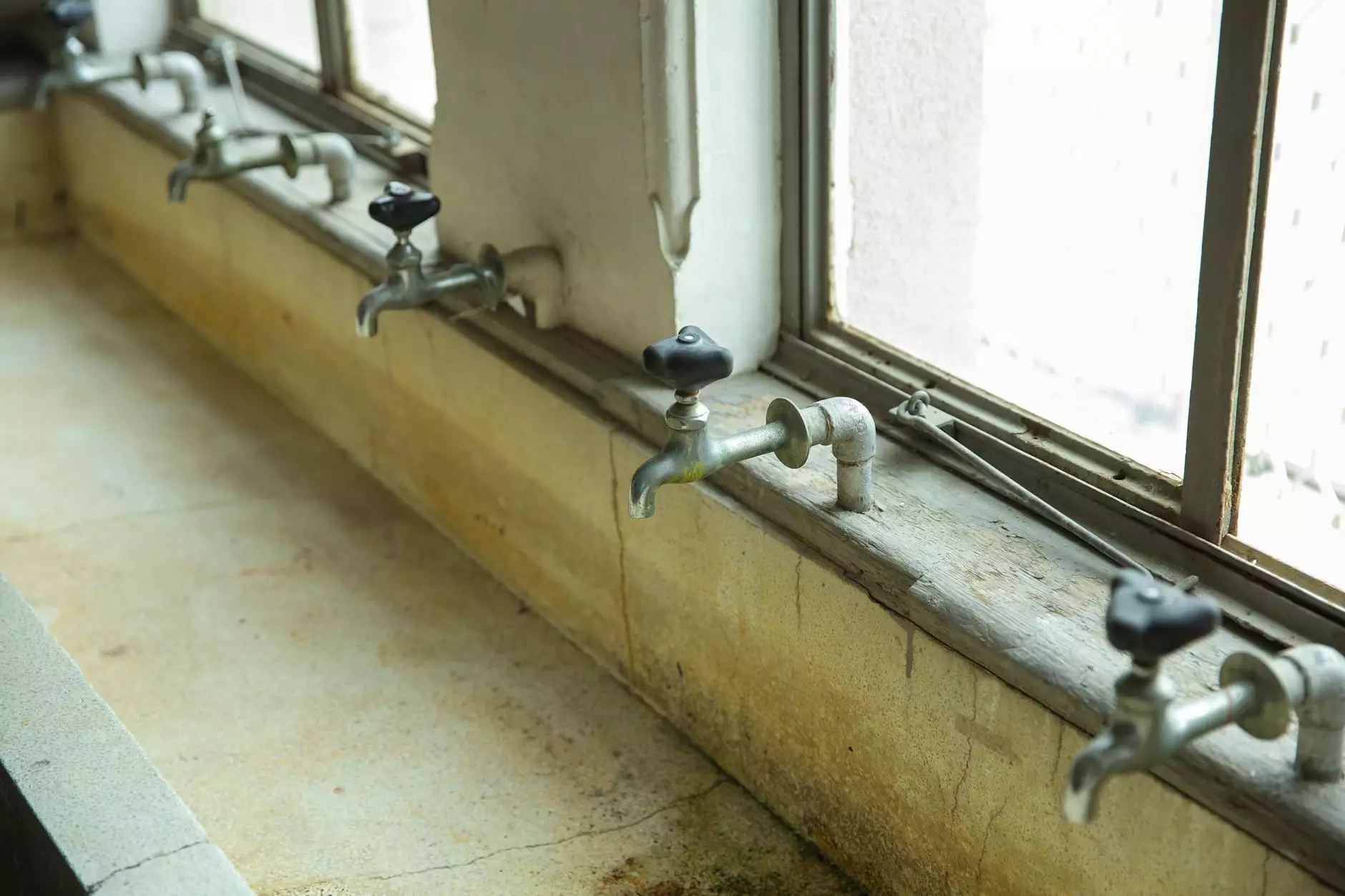Understanding Hydraulic Ball Valves: Applications, Benefits, and Selection Guide

What is a Hydraulic Ball Valve?
Hydraulic ball valves are essential components in various hydraulic systems, playing a critical role in regulating flow and pressure. These valves are characterized by a spherical disc, known as the ball, which controls the flow of fluid through the pipeline. When the ball is turned, it either allows or obstructs flow, making them highly effective for on-off control.
Types of Hydraulic Ball Valves
Hydraulic ball valves can be classified into several categories based on their design and operational features. Understanding these types is vital for selecting the right valve for your specific needs.
- Full Port Ball Valve: Provides the least flow resistance with a bore size equal to the pipe diameter.
- Reduced Port Ball Valve: Offers a smaller bore, which can be beneficial in compact applications.
- V-Port Ball Valve: Features a V-shaped ball, allowing for precise flow control adjustments.
- Trunnion Mounted Ball Valve: Suitable for high-pressure applications, this design supports the ball with trunnions, providing stability and reduced torque.
Why Choose Hydraulic Ball Valves?
The choice of hydraulic ball valves over other types of valves comes with numerous advantages:
- Quick Operation: Hydraulic ball valves can achieve full closure or opening within a quarter turn, making them ideal for quick on/off control.
- Durability: Made from robust materials, these valves can withstand high pressures and harsh environmental conditions.
- Leak-Free Sealing: The design ensures a tight seal, minimizing the chances of leakage.
- Versatility: Suitable for a wide range of fluids and applications, including oil, gas, and water systems.
Applications of Hydraulic Ball Valves
Hydraulic ball valves see extensive use across various industries. Here are some common applications:
1. Oil and Gas Industry
In the oil and gas sector, hydraulic ball valves are employed for flow control in pipelines. Their ability to handle high pressures and temperatures makes them ideal for upstream and downstream operations.
2. Water Treatment Facilities
Water treatment facilities utilize hydraulic ball valves to regulate the flow of treated water, ensuring efficient and safe operations.
3. Manufacturing and Process Control
Many manufacturing processes rely on hydraulic ball valves to control fluid flow, optimizing performance and maintaining safety standards.
4. Agricultural Applications
Farm irrigation systems benefit from hydraulic ball valves, allowing for efficient control of water distribution across fields.
Benefits of Implementing Hydraulic Ball Valves in Your System
Incorporating hydraulic ball valves into your systems provides several benefits, including:
- Improved Efficiency: Their quick operation enhances the overall efficiency of fluid management systems.
- Cost-Effectiveness: Reduced maintenance costs and longer lifespans contribute to overall savings in operational expenses.
- Enhanced Safety: Their reliable sealing capabilities help prevent fluid leaks, thus ensuring worker safety and environmental protection.
- Easy Automation: Hydraulic ball valves can be easily integrated into automated control systems, enhancing operational efficiency.
Selecting the Right Hydraulic Ball Valve
Choosing the appropriate hydraulic ball valve is critical to maximizing performance and ensuring system reliability. Here are some factors to consider:
1. Determine Your Application Needs
Understand the specific requirements of your application, including pressure, temperature, and type of fluid being controlled. This knowledge will help you choose the most suitable valve type.
2. Material Selection
Different materials offer varying levels of durability and resistance to corrosion. Stainless steel valves are popular for their strength and resistance, while plastic valves may be suitable for less demanding conditions.
3. Size and Flow Requirements
Choosing the right size valve is essential to achieving optimal flow characteristics. Consult with your engineering team to determine the right dimensions for your system.
4. Actuation Method
Consider how the valve will be operated. Manual, electric, and pneumatic actuation options provide different benefits depending on the level of automation required.
Maintenance of Hydraulic Ball Valves
Proper maintenance of hydraulic ball valves is essential to ensure their longevity and optimal performance. Here are some maintenance tips:
- Regular Inspections: Conduct routine checks for leaks, wear, and performance deterioration.
- Clean Components: Keep valves clean from contaminants and fluid buildup to maintain operational efficiency.
- Tighten Connections: Periodically check and tighten all external connections to prevent leaks and ensure a secure fit.
- Replace Worn Parts: Identify any parts that show signs of wear and replace them promptly to avoid operational failures.
The Future of Hydraulic Ball Valves
As technology advances, the future of hydraulic ball valves is bright. Innovations such as smart valves equipped with sensors are emerging, allowing for real-time monitoring and adjustments. These developments will further enhance efficiency, safety, and reliability in various applications.
Conclusion
In summary, hydraulic ball valves are essential components for managing fluid dynamics in numerous industries. Their unique features, including durability, quick operation, and versatility, make them an ideal choice for many applications. By understanding their types, benefits, and maintenance needs, businesses can capitalize on the numerous advantages they offer.
For high-quality hydraulic ball valves and a range of other fittings for sale, visit fitsch.cn. Ensure your systems run smoothly and efficiently with top-of-the-line products designed to meet your demands.

